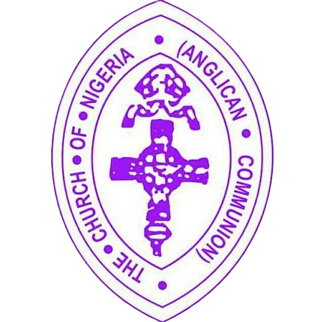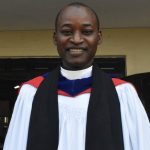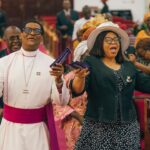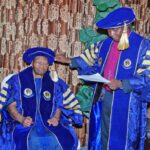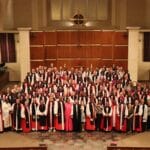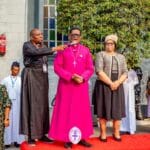- Ven. John Hassan
- January 26, 2021
- 0 Comments
When he was taken captive by Fulani Jihadists in Osoogun at the age of 12 and sold to slave merchants, his world seemed to have come to an end and his fate in the hands of evil men, both the rampaging jihadists and white slave merchants. The journey to the slave markets in the Americas was interrupted by the British Royal Navy patrols. Ajayi was free at last. Taken to Sierra Leone, the British liberators could not take every captured slave back to their villages at that time, the slave boy had to start another life. There were choices to be made, to trace his way back to his village like other freed slaves have done or to submit, this time willingly, to a service under another master, Jesus Christ. Ajayi made his choice, giving his life to Christ. Missionaries cared for the slave boy and put him in school. His brilliance earned him further studies in England where he was eventually ordained a priest.
But this is not a rehash of the history of Ajayi. There are many books by experts on him. No this is simply a perspective of a slave boy who surrendered his freedom to God to also set other captives free.
Samuel Ajayi Crowther served the Lord he loved and passionately. He made a choice, this time around to be a slave for Christ, giving his life, in very difficult and challenging environment, to the transformation of a region and a people. Long before the Nigerian nation existed, Crowther had mapped the West African region on foot and in boats, through jungles and desert land from Lagos all the way to Yola, he trekked the unforgiving region preaching the Gospel. He was abducted, imprisoned and robbed. Yet under the yellow glow of his night lamp and through the days in the midst of many chores, he translated the Bible into Yoruba and the Yoruba dictionary. He also work on Igbo and Nupe Bible Translations.
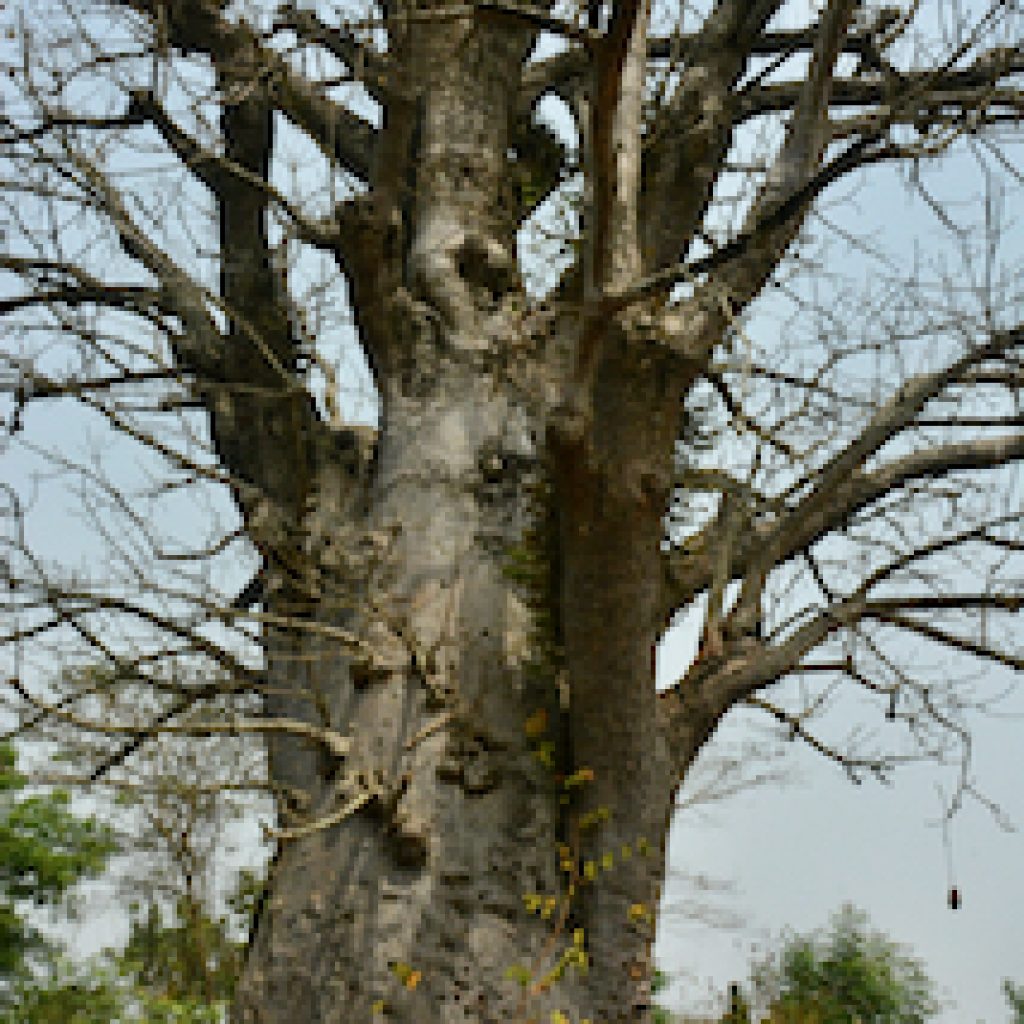
The contemporary history of Nigeria will never be complete without credits to Ajayi’s toiling in pioneering indigenous commercial enterprises as he opened the dark region to the light of the Gospel bring healthcare and education to communities wrapped in dark rituals and tribal feuds.
But this was not without its toll.
The racism that pervaded that generation and the opposition from England to a black slave boy presiding over the Church, over other white clergy was not conceivable by some white Christian Church leaders. The Church of England has since apologised for its maltreatment of Ajayi Crowther and tried to set the records straight. Notwithstanding, Ajayi, with all his work undermined and his achievements underrated, was eventually sacked. He succumb to illness and died in December 1891, uncelebrated by the Church he served but a hero to the people he gave his life to liberate.
Years have gone and memories are fading. The name of Ajayi Crowther only in books and his in Osoogun, a mere mention. His parent’s home in Osogun is completely dilapidated and the only monument that stands to tell the story of what happened to the village and the slave boy over a hundred years ago is the baobab tree he was tied to when the Fulani Jihadists attacked and destroyed his village.
The Church of Nigeria, Anglican Communion, has now established a missions training centre in Osoogun, Ayayi’s hometown to fan the flame of evangelism lit by Ajayi over a hundred years ago. Though he died uncelebrated, Ajayi will continue to be honoured for his selfless sacrifice to set his people free from the captivity of sin to the freedom in Christ Jesus. Osogun will someday be a place of missionary pilgrimage.
